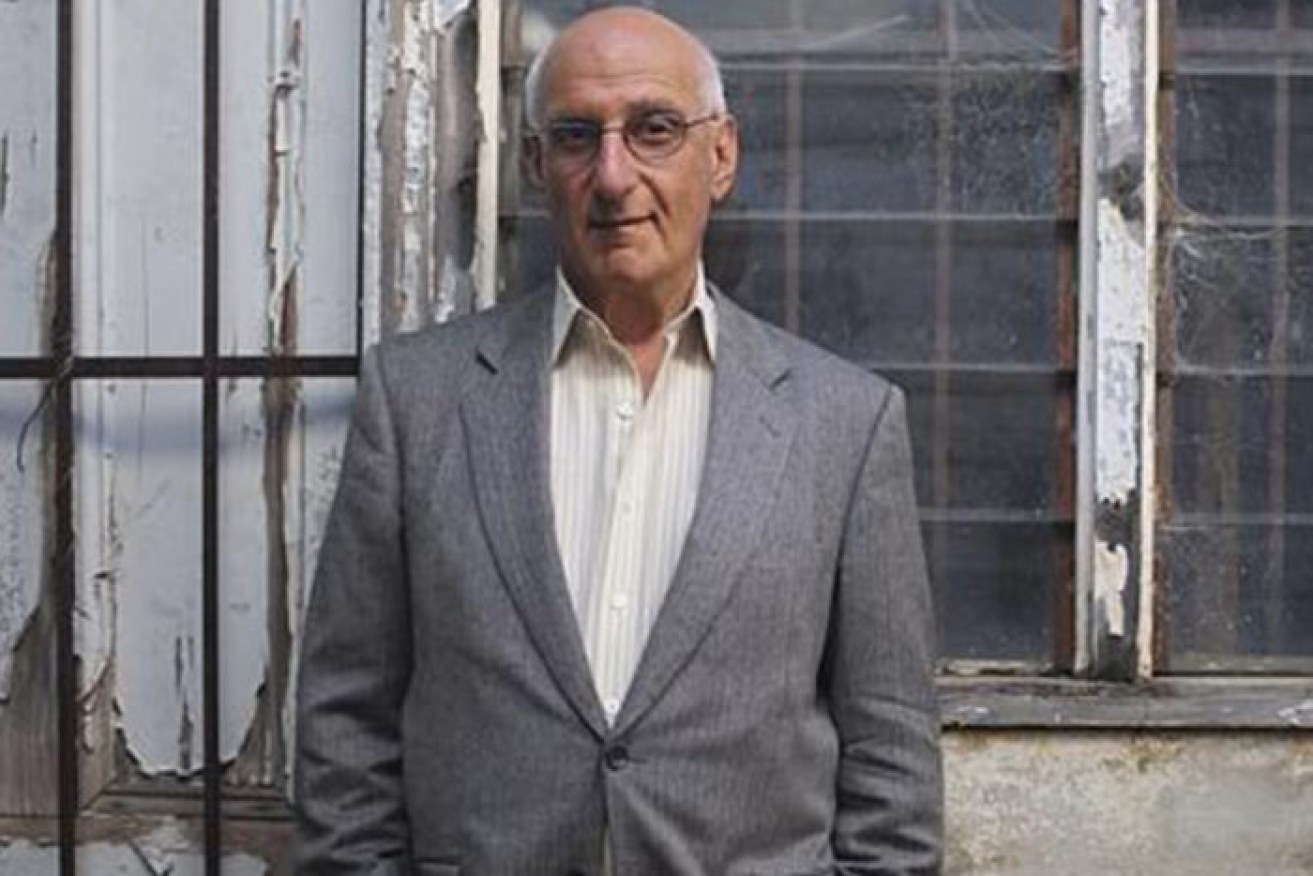One of our favourite sons returns home – and doesn’t much like what he sees
Acclaimed Australian author David Malouf is worried about his hometown of Brisbane.


Synonymous with the city that asserts itself as a character in his celebrated works, such as his 1975 novel Johnno and his 1999 memoir 12 Edmondstone Street on growing up in South Brisbane, Malouf says the foundations of the city are undergoing massive change.
“What we have now, and we have to be very, very careful about it, is a society which is just so divided,” Malouf said.
“And I can’t believe how difficult and poor as the country I grew up in that what grew out of that is a kind of morality that comes from adversity, and that is that people looked after one another.
“That was very important…We have hung on to that, but the country is now divided in a way that I find very, very, very alarming.”
Speaking of memory and place at Griffith University’s In Conversation hosted at the Griffith University’s Gold Coast Home of the Arts (HOTA) on Wednesday, the writer painted a nostalgic, but uneasy picture of life in Brisbane where he was raised by a migrant family in the 1930s and 40s.
He was accompanied by fellow Brisbane-based award-winning writers Melissa Lucashenko and Trent Dalton, who also spoke of Brisbane past and present and appealed to a city “where we start acting like everybody matters”.
Malouf, 87, now lives on the Gold Coast. He rarely gives interviews and has retired from his internationally distinguished career of fiction writing, although continues to write poetry.
He said Brisbane’s most recent leap of affluence was having a profound impact on his beloved city.
“The thing we care most about is this thing we call the economy, and that has replaced anything else that we might once have oriented our life towards and I think there are huge dangers in that and I think that is the source of real decadence,” Malouf said.
Malouf famously wrote of Brisbane of the 1950s through the character Dante in Johnno that it is “nothing: a city that blew neither hot nor cold, a place where nothing happened, and where nothing would ever happen, because it had no soul”.
Throughout the novel he peels back the lie and ultimately celebrates the quirks of the city and the characters that make it.
“But people looked after one another, that was very important and it’s important that remains despite our affluence,” he said.
Dalton said the hallmarks of Brisbane’s raw character and past were just as important as the way Brisbane was developing in how the city would be presented to the world during the 2032 Olympic Games.
“I love that the lemon light of this area doesn’t change at 5pm,” he said.
“I love that my daughters can sprint across the low tide of Moreton Bay and that it feels exactly the same as it did in 1986. And I hope, in terms of place we don’t f**k it up and we keep the beauty and the wonder that we have here.
“When you’re in that lemon light it’s timeless, time stops, and I feel when I read Johnno I felt like he’s come forward to my world and I’ve gone back to his. That’s the power of storytelling.
“In 2032, Brisbane’s going to host the Games and they’d better talk to these two (Malouf and Lucashenko) before they do any Opening Ceremony or cultural stuff, because there’s so much that we can get right, but so much we can get wrong.”










